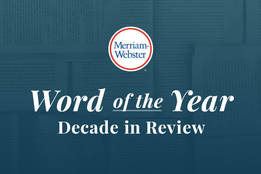capitalism
noun
cap·i·tal·ism
ˈka-pə-tə-ˌliz-əm 

ˈkap-tə-
: an economic system characterized by private or corporate ownership of capital goods, by investments that are determined by private decision, and by prices, production, and the distribution of goods that are determined mainly by competition in a free market
Love words? Need even more definitions?
Merriam-Webster unabridged












Share